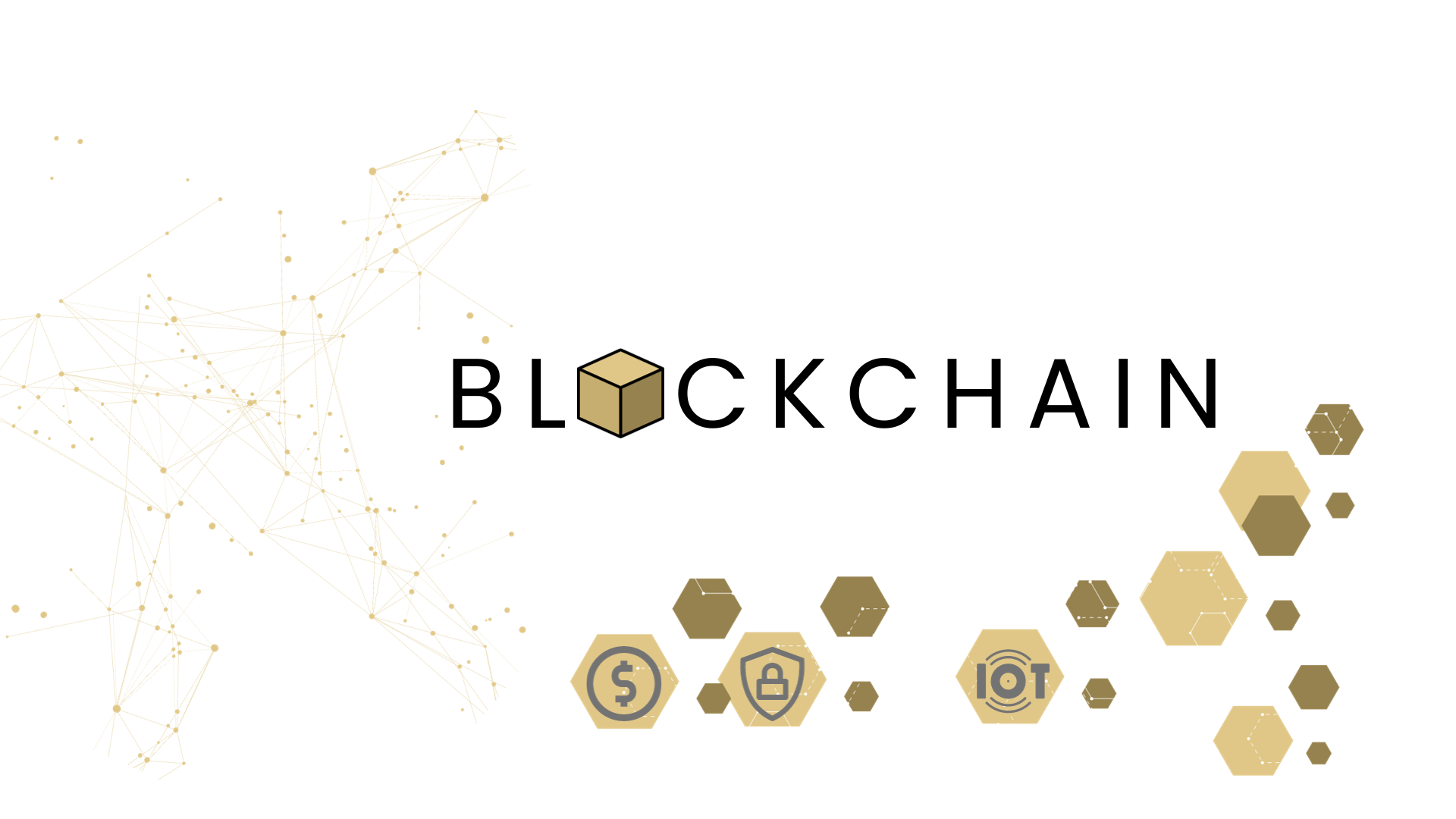Exploring Blockchain Telco Use Cases - Redefining Connectivity
🚀 Leveraging Blockchain in Enhancing Telecommunication Security and Services
In the fast-evolving world of telecommunication, striking a balance between offering advanced services and maintaining optimal security has always been a tightrope walk. With blockchain technology waving its magic wand across various sectors, telecommunication sees a gold mine of opportunities to both enhance service offerings and amplify security matrices. Diving deeper into specific use-cases provides a spotlight on how blockchain could potentially shape the future of telecom.

1️⃣ Facilitating Secure and Seamless International Mobile Payments
🌐 Global mobile payments have always encountered challenges such as security concerns, high transaction fees, and slow processing times. Blockchain promises to iron out these wrinkles.
Micro-Transactions: Implementing blockchain enables CSPs to facilitate micro-transactions by reducing costs and ensuring secure, instant transfers even of minuscule amounts.
Cross-Border Payments: Blockchain eradicates intermediaries, ensuring quicker and more secure international mobile transactions.
2️⃣ Empowering IoT Devices with Decentralized Security
🔐 With the Internet of Things (IoT) reshaping the digital landscape, security and seamless connectivity stand out as pivotal concerns.
Secure Device Interaction: Utilizing blockchain to ensure that the interactions between devices in the IoT framework are secure, authenticated, and verifiable.
Efficient Data Transfer: Blockchain ensures that the data transfer between IoT devices is reliable and authentic, thereby enabling efficient operation.
3️⃣ Streamlining Content Distribution with Authenticity
🎨 The media and content distribution space within telecom can leverage blockchain to eradicate piracy and ensure genuine distribution.
Digital Rights Management: Ensuring artists, content creators, and service providers have secure and unambiguous rights and revenue management using blockchain’s transparent and immutable ledger.
Anti-Piracy Measures: With blockchain, every content piece can be tracked, tracing its distribution path and thus, significantly curbing piracy.
4️⃣ Amplifying Network Security through Decentralization
🛡️ Network security remains pivotal in ensuring smooth telecom operations and safeguarding user data.
DDoS Mitigation: A decentralized DNS system powered by blockchain could potentially distribute data uniformly, thus reducing the impact of DDoS attacks.
Enhanced User Privacy: User data and privacy can be secured using blockchain, ensuring user anonymity and data security through robust encryption and decentralized storage.
5️⃣ Pioneering Telecom Supply Chain Transparency
🔗 Telecom entities can leverage blockchain to bring transparency and authenticity into their supply chain, ensuring every stakeholder is on the same transparent page.
Real-time Tracking: Facilitating all stakeholders in the supply chain to have a real-time view of component and product status.
Counterfeit Mitigation: Reducing the risk of counterfeit components entering the supply chain through an immutable ledger that tracks every product and component.
🌱 Additional Considerations: Sustainable and Secure Futures
Navigating towards the future, the synergy between 5G and blockchain could potentially incubate innovations such as decentralized cloud storage, tamper-proof voting systems via mobile networks, and more. With 5G offering the bandwidth and speed, blockchain can assure the security and transparency in these avant-garde innovations.
📦 Conclusion: Harnessing Blockchain for a Bright Telecom Future
In a realm where data integrity, user privacy, and service authenticity are paramount, blockchain is not merely an option but a necessity for telecom entities. Fostering a future where transactions are secure, services are authentic, and users can interact with sheer confidence, blockchain stands out as a beacon, illuminating the path towards a future where telecom not only connects people but does so with fortified security and undeniable reliability.
As telecom continues to evolve, embracing blockchain technology will undoubtedly shape its trajectory, ensuring that it is not just keeping pace with the times, but also sculpting a future where digital interactions are seamless, secure, and transparent. This dive into various use-cases solidifies the perspective that blockchain in telecom is not a fleeting trend, but a cornerstone upon which future telecom infrastructures will be built.
comments powered by Disqus
